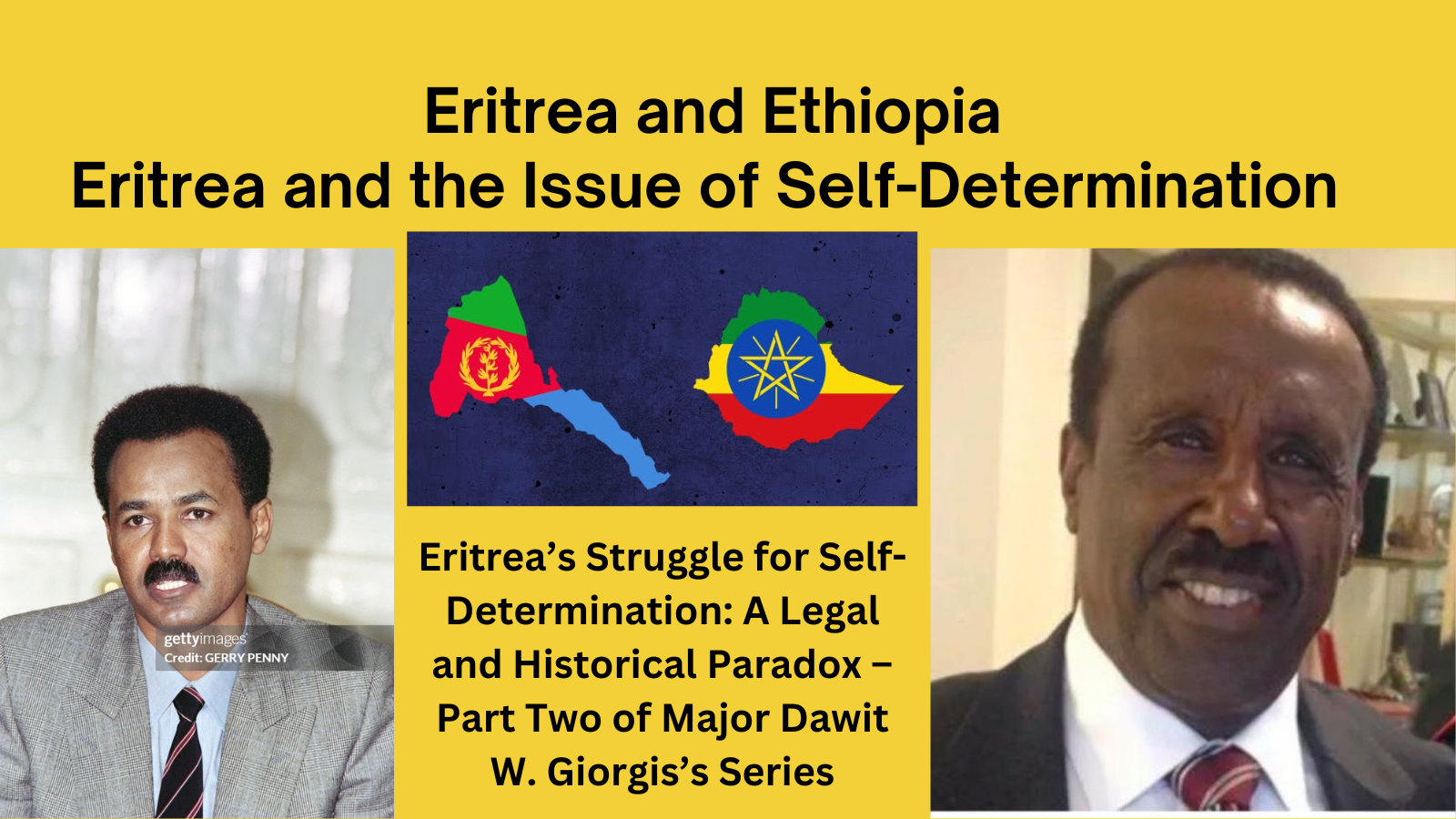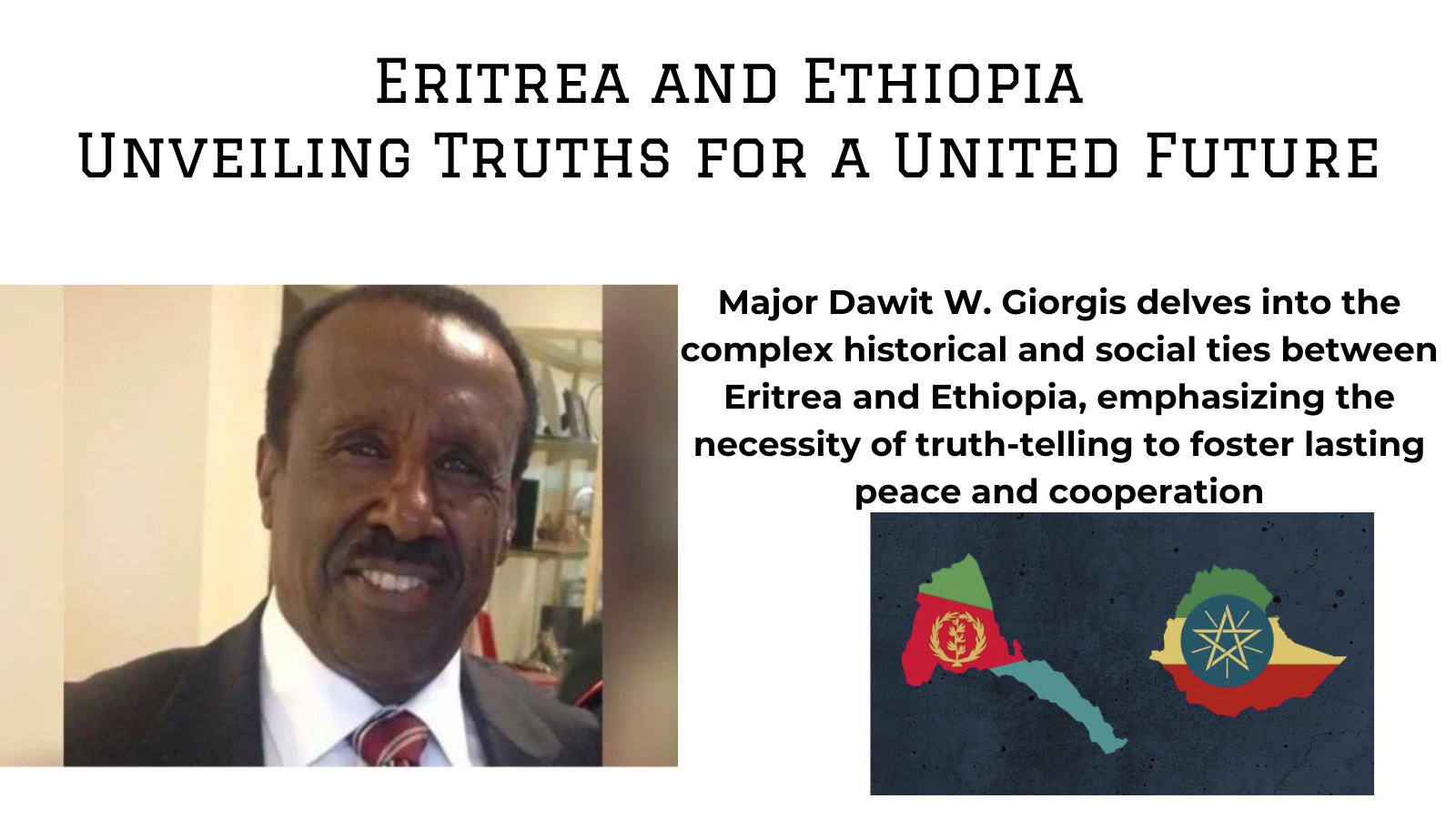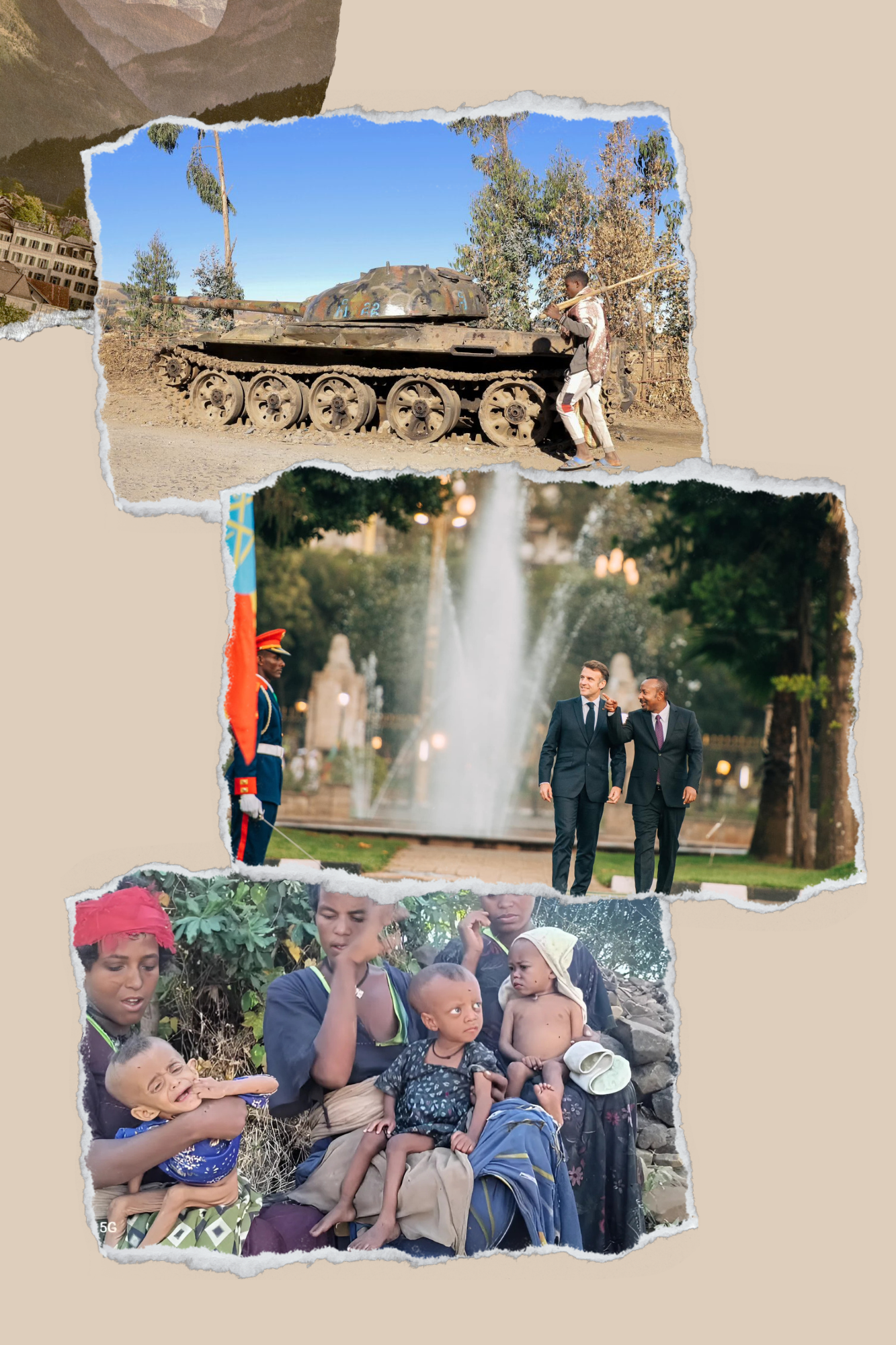Lensing Ethiopia’s National Dialogue Through Inclusiveness
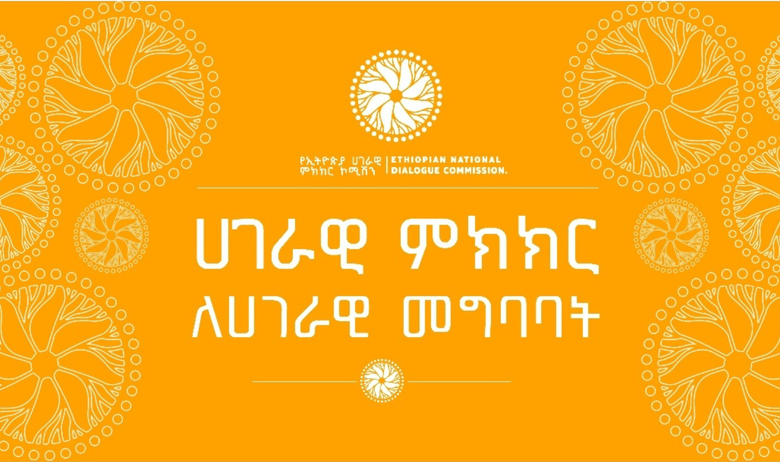
Ethiopia has been going through persistent national issues, including numerous internal conflicts in several parts of the country. The situation forced Ethiopia to consider national dialogue as an alternative to manage those complex problems and address the country’s deep-rooted political divisions and other social issues. To that end, the Ethiopian government initiated a national dialogue in December 2021.
However, the initiative is not inclusive. It does not include major opposition political groups and various armed groups during the preparatory, participant selection, and agenda-gathering stages. This piece addresses the prospects of the Ethiopian national dialogue through the lens of the principle of inclusion, and legitimacy.
Exclusionary Beginning
In a statement released on December 20, 2021, the regime in Ethiopia initiated a draft proclamation to establish the Ethiopian National Dialogue. On December 29, 2021, the House of People’s Representatives (HoPR), of which more than 95 percent are from the ruling Prosperity Party, approved the draft as Proclamation No. 1265/2014 and established the Ethiopian National Dialogue Commission (ENDC). On February 21, 2022, the government appointed eleven commissioners on February 21, 2022.
During the entire process, there was no discussion between and among key political actors regarding the procedures, mandates, and structures of the ENDC. As a result, major political parties rejected the national dialogue, and the Ethiopian Political Parties Joint Council (EPPJC), a coalition of more than 53 legally registered political parties, requested to temporarily halt the process and reconsider basic steps for inclusiveness, transparency, and meaningful participation of key stakeholders.
However, disregarding the concerns of major stakeholders, the ENDC officially commenced its agenda-gathering phase on May 29, 2024. in Addis Ababa without the involvement of major stakeholders including the opposition political parties and armed groups. Although one of the commissioners, Ambassador Mohammed Dirir, admitted the need for bringing national consensus through participatory, credible, and inclusive dialogue, the exclusionary process thus far indicates that the ENDC would only serve to legitimize the regime in Ethiopia.
Exclusionary Participant Selection
In April 2024, the ENDC announced that it “completed the process of identifying participants in ten regional states and two city administrations.” It is reported that the ENDC used existing federal administrative structures (woreda, zone, region, federal) while selecting participants. In so doing, the ENDC excludes “key ‘horizontal’ inter-group conflict actors and their grievances.” It also enabled the ruling party’s political cadres to be “selected as representatives.” This is especially problematic because the ruling party ideology and its ethnic-based political system that led Ethiopia to the current crisis have immense potential to dominate the consultation process and outcomes.
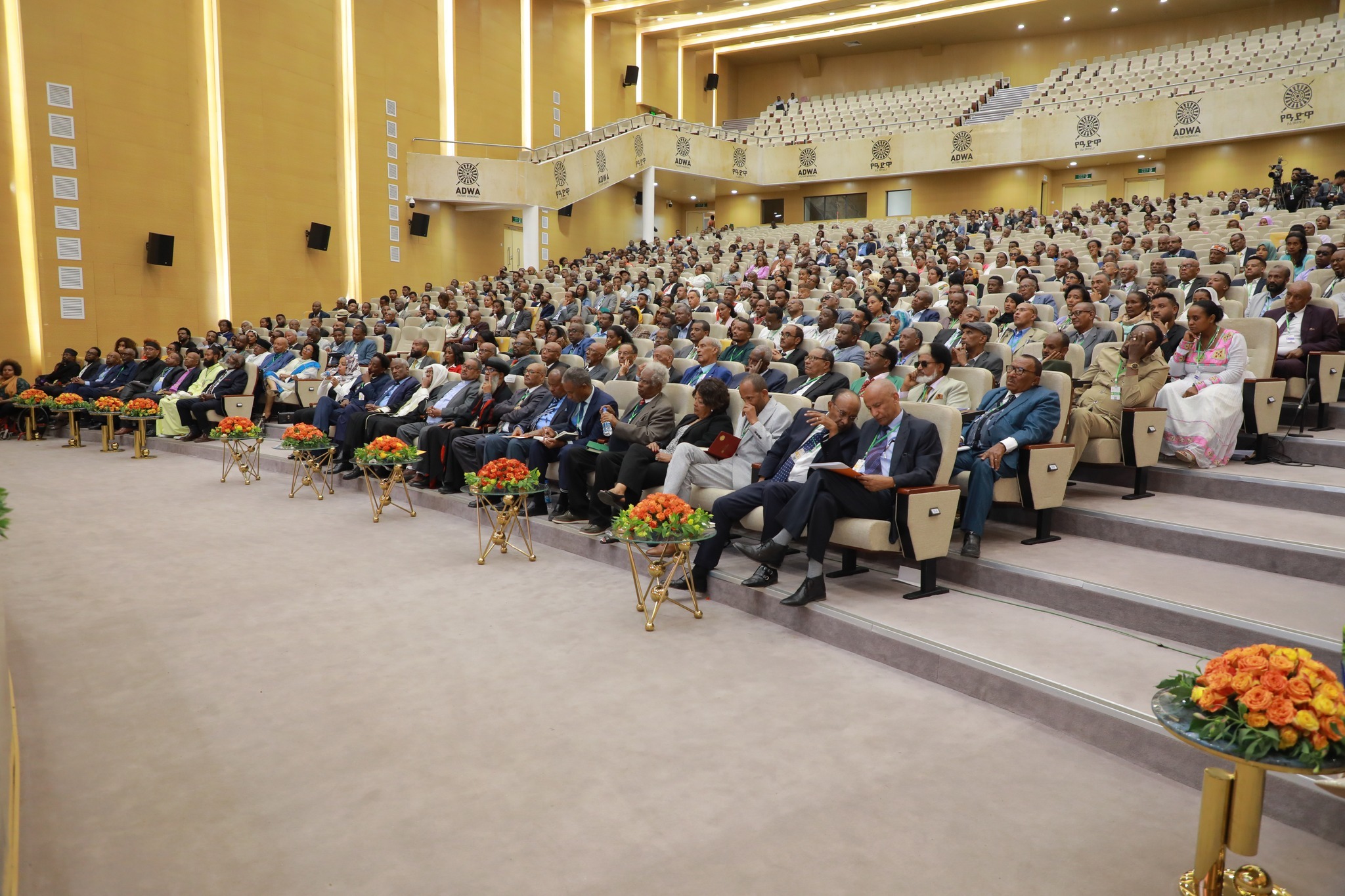
Moreover, while several key political figures remain in formal party politics, a significant number of political figures operate within informal networks, including those who recently moved abroad and other very well-known political figures and influential figures in the diaspora community. However, the participant selection process of the commission appears to exclude important individuals who have the potential to play an indispensable role in the consultation.
Hence, scholars and experts stress the need to take lessons from others’ successful experiences and recommend that initial elite-level negotiations, including those with veteran politicians, are fundamental steps to develop a shared understanding and vision about the structure of the Ethiopian state and realize peaceful transitions from conflict to peace and relative democracy.
Concerns of Religious Institutions
Although Article 12 (4) of ENDC establishment Proclamation No. 1265/2014 requires the speaker of the HoPR to “ consult with the leadership and representatives of opposition political parties, civil society organizations, and the Interreligious Council on the list of nominees,” no consultation was held with religions institutions during the appointment of the commissioners.
As a result, the Ethiopian Orthodox Church Holy Synod, which “historically played a crucial role in peacebuilding and reconciliation,” was concerned about the failure of the END to officially invite the church to select participants and set the agenda. The church’s concern is warranted given that the ever-increasing massacre of its followers and leaders, the burning of churches, restrictions on religious celebrations, and the recent attempts to divide the church and Holy Synod based on ethnic lines are among the major sources of instabilities in the country.
Unlike the Ethiopian Orthodox Church, the Ethiopian Islamic Affairs Supreme Council was able to submit its agendas, including the need to reconstruct narratives about Ethiopian state-building history, the need to conduct censuses, and the adjustment of educational curricula. However, the council expressed serious concerns regarding adequate representation in the national dialogue, alleging that the number of Muslim participants in the national dialogue is small and does not take the number of Muslim populations in Ethiopia into account.
Given that the two religious institutions have a long history and significant constituency in Ethiopia, the failure of the ENDC to include the Ethiopian Orthodox Church during the selection of participants and agenda-gathering, and complaints of the Muslims’ insufficient representation seriously erodes its credibility. After all, religious tensions have been a recurring issue in Ethiopia, and working diligently to resolve religious issues would have an essential contribution to a lasting and abiding peace to stabilize the country.
Lack of Conducive Political Environment and Legitimacy Deficit
In addition to its exclusionary approach, the ENDC is also suffering from lack of a relatively stable political environment. In this regard, the conflicts in different parts of Ethiopia, mainly in the Amhara and Oromia regions, posing significant challenges to the implementation of genuine national dialogue in Ethiopia. The ENDC states that inclusiveness and participation are its core principles and believes in the importance of the inclusion of parties involved in the conflict with a precondition of resolving their conflicts with the Ethiopian government in order to be part of and bring their agendas to the consultation process.
However, the means to meet the preconditions seem nowhere near because there are no tangible signs of ending the conflicts taking place in different parts of the country. For instance, the successive peace talks between the Ethiopian government and the Oromo Liberation Army (OLA) ended without a deal, intensifying the conflict in different parts of the Oromia region. As the conflict intensifies, the Ethiopian government continues to recruit and train scores of new soldiers, raising the army’s budget and substantially increasing military spending, which indicates the possibility of prolonged wars in the country.
The other major armed group actively fighting with the Ethiopian government is the Amhara Fano, operating in the Amhara region. The Fano groups, despite actively fighting against the army, lack centralized command, which makes it difficult to effectively respond to the negotiation calls from the international community. In this regard, one of the leaders of Fano groups, Eskinder Nega, stressed in an interview with BBC Focus on Africa the need for addressing the causes of the conflict from their roots rather than cosmetic changes. He explains that there are many independent Fano groups fighting with the government, and efforts are being made to unify various Fano groups so that a decision can be reached on the possibilities of dialogue with the government.
Another key challenge to the Ethiopian National Dialogue’s inclusivity is the indistinct position of the Tigray People’s Liberation Front (TPLF). The TPLF’s approach toward participating in the national dialogue seems to solely depend on the implementation of the controversial Pretoria Agreement. However, the problem with this approach is that the TPLF has not completely disarmed and handed over weapons to the federal government as stipulated in the Agreement. The May 2024 TPLF militants’ attacks in Raya Alamata, which Getachew Reda, President of the Tigray Interim Regional Administration, calls the work of diehard enemies of the Pretoria agreement and decided to pull Tigrayan forces out of the villages near Alamata, support the claim against the TPLF.
Moreover, the land dispute between the Afar and Somali regions is another challenge. The conflict, which dates as far back as the Haile Selassie regime, has significant strategic implications due to its location along the highway between Addis Ababa, Djibouti, and the Assab port in Eritrea. Although an agreement was signed in 2014, granting Somalis the disputed territories “special kebeles” within the Afar regional state, the conflict was reignited in June 2024, which resulted in civilian casualties and displacement in border areas. Designing mechanisms for sustainable solutions in the area is very important; however, it is still unknown whether the national dialogue invited or not the armed groups involved in this area.
Furthermore, the narrowing of political space and the mass arrest of media personalities and opposition figures under the disguise of a state of emergency undermines trust, hindering the participation of key political figures in the dialogue. Hence, the Ethiopian People’s Revolutionary Party (EPRP) and Enat parties announced that they decided to opt out of the dialogue because the country’s situation is not viable to conduct a meaningful national dialogue, including the imprisonment and exile of key political figures and the ongoing internal conflicts.
The Oromo Federalist Congress (OFC) also boycotted the national dialogue process, questioning the ENDC’s legitimacy as a tool to facilitate the Prosperity Party-led government’s agenda. Instead, the OFC called for the establishment of an interim government with a mandate to facilitate honest, genuine, and all-inclusive national dialogue, where no major stakeholder shall be excluded to solve the country’s political crises. Similarly, the Caucus of Opposition Parties (CoP), an umbrella of eleven opposition groups, accused the ENDC of “failing to fulfill its stated purpose of facilitating an “inclusive” national dialogue”, alleging that it is “politically biased” toward the ruling party.
It is undeniable that Ethiopia is experiencing national crises that need national dialogue. However, the exclusionary beginning and participator selection process of the ENDC and the lack of a stable political environment in Ethiopia significantly compromised the prospects for achieving lasting peace and stability in Ethiopia through the ongoing national dialogue.
Time is running out for Ethiopia. Only establishing a truly inclusive and credible national dialogue can enable the country to prevent further escalation of conflicts, resolve its divisions, and emerge stronger on the regional and global stage.
